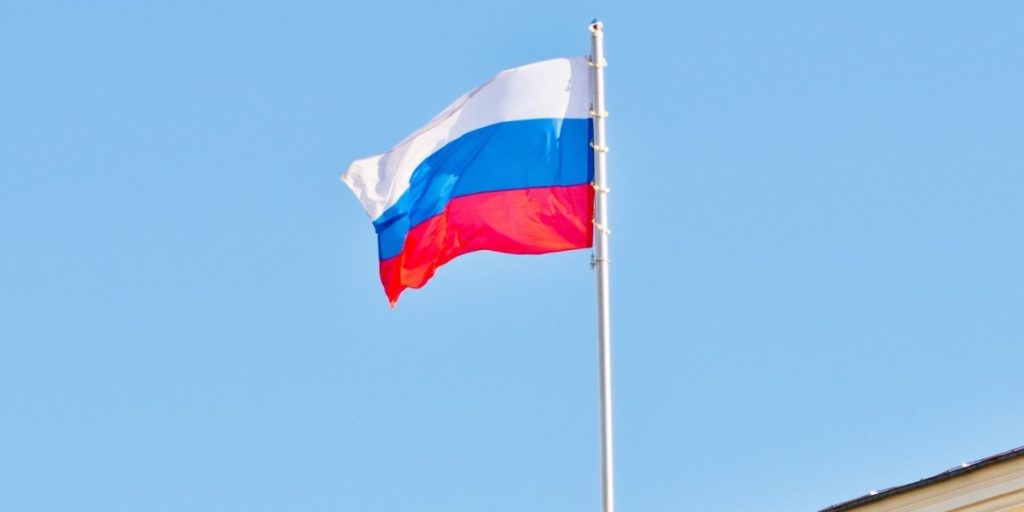Rising prices, food shortages and falling wages are forcing many Russians to scale back spending as the economic impact of the Ukraine war becomes harder to ignore. Analysts warn the country faces a prolonged decline, even as the Kremlin insists it will continue its military campaign.
Others are reading now
Economic strain is beginning to bite across Russia as the consequences of the prolonged conflict in Ukraine ripple far beyond the battlefield.
What once felt distant for many ordinary citizens is now showing up in households, workplaces and supermarket aisles.
Shrinking household budgets
According to The Express, inflation has climbed to roughly 6.8% in November, leaving families with weekly grocery bills that have “more than doubled” compared with previous years.
Sales of everyday items such as pork, milk and rice fell by 8–10% this autumn, while X5 Group, the country’s largest supermarket chain, reported a 20% drop in revenue.
Bloomberg reported that shoppers are abandoning non-essential purchases, including clothing. One Moscow company manager, Elena, said she could no longer afford imported goods at current prices.
Also read
The impact of rising costs is compounded by shortages of basic foods, including staples like potatoes, as supply chains tighten and inflation accelerates.
Jobs under pressure
The Express noted that large-scale layoffs have hit sectors central to Russia’s economy, including manufacturing, fossil fuels and transport.
Analysts say the winter outlook is bleak for many workers, with fewer jobs and shrinking purchasing power.
Energy revenues — long a pillar of Russia’s state budget — have weakened as more countries reduce purchases of Russian oil.
Fossil-fuel income reportedly fell by about a fifth between January and October, though demand remains from several major buyers such as China, India, Turkey and some European nations.
Also read
Oleg Buklemishev of Lomonosov Moscow State University told The Express that “the immunity of the Russian economy has been severely weakened,” warning that although a full systemic collapse is not expected in 2026, conditions are likely to “continue deteriorating.”
Calls for a peace deal
Some analysts cited by Bloomberg believe the economic trajectory points toward a strategic reassessment.
Alexander Gabuev of the Carnegie Russia Eurasia Center said: “Based on the overall economic indicators, it would be in Russia’s best interest to stop the war now.”
He added, however, that the country was “not quite at the edge of the cliff” yet.
Kremlin stance unchanged
Despite these pressures, President Vladimir Putin signalled no intention to scale back operations.
Speaking during a visit to Kyrgyzstan, he said Ukrainian forces must retreat or face overwhelming force:
Also read
“If Ukrainian troops withdraw from the territories they occupy, hostilities will cease. If they don’t withdraw, we will achieve this by force.”
He also described Donald Trump’s proposed peace plan as “a set of issues put forward for discussion.”
Sources: The Express, Bloomberg.


